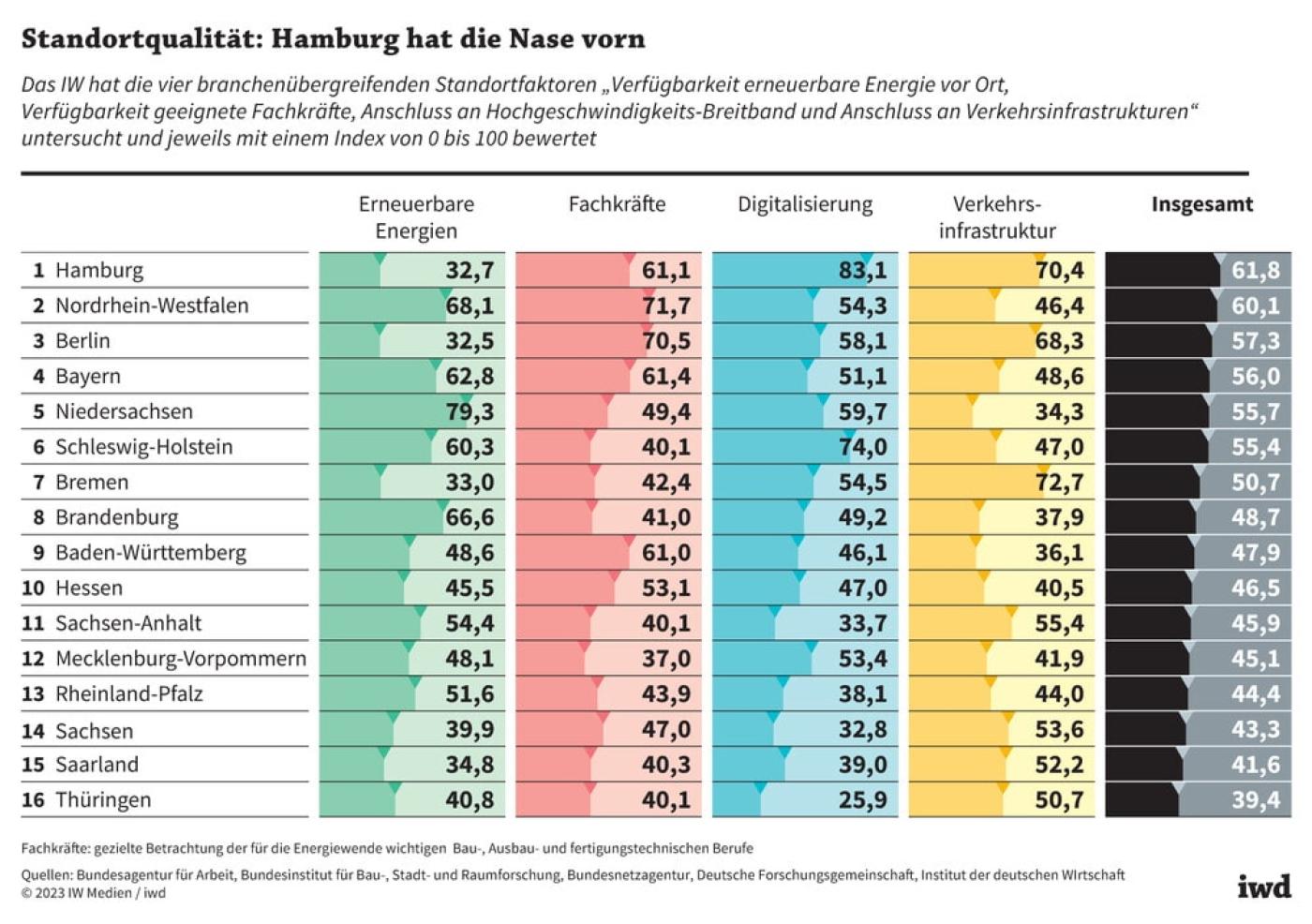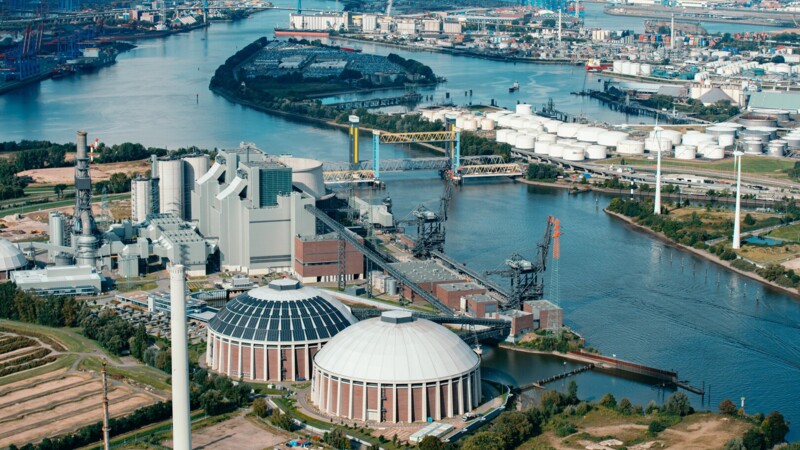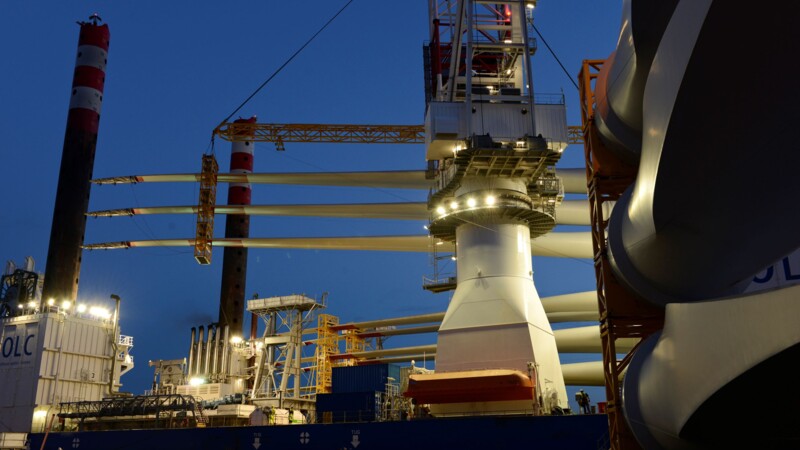The manufacturing sector is particularly affected by the energy transition and energy-intense sectors such as the chemical and metal industries, as well as mechanical and plant engineering. All these sectors face major challenges in the switch to renewables, but which holds huge economic potential. Four factors are key to the energy transition: Availability of renewable energies and suitable skilled workers, connections to high-speed broadband and links to transport infrastructure. Hamburg came first followed by North Rhine-Westphalia, Berlin and Bavaria.
Hamburg top location for companies, survey on energy transition finds
A survey on the availability of renewable energy sources across Germany has put Hamburg in first place. The city scored particularly well due to a high proportion of skilled workers and good digital and transport infrastructures. The survey by the Institute of the German Economy and the EPICO Climate Innovation was conducted across all German states. This comes amid the national attempt to achieve climate neutrality by 2045 which requires companies to convert their energy supply to renewables.
Factors for a successful energy transition

Hamburg's advantages
Hamburg is ahead especially in terms of digitization. Links to a future-proof broadband infrastructure form the basis of the energy transition. A comparison of the proportion of companies with fiber-optic connections and in terms of transport infrastructure put Hamburg first. The proximity to a national motorway and the number of charging points for e-cars were decisive as well as the high number of skilled workers in the city. Both the number of employees in manufacturing, construction and finishing occupations relevant to the energy transition and the number of research institutions were measured. While the overall results were positive, Hamburg still has room for expansion in terms of gross energy output from renewable sources such as solar and wind power, the survey found.
nj/pb
Sources and further information
More
Similar articles

Calls for Transfer: Research on securing energy transition

Hamburger Energiewerke purchases cogeneration plant in Moorburg

Energy crisis driving switch to renewables
